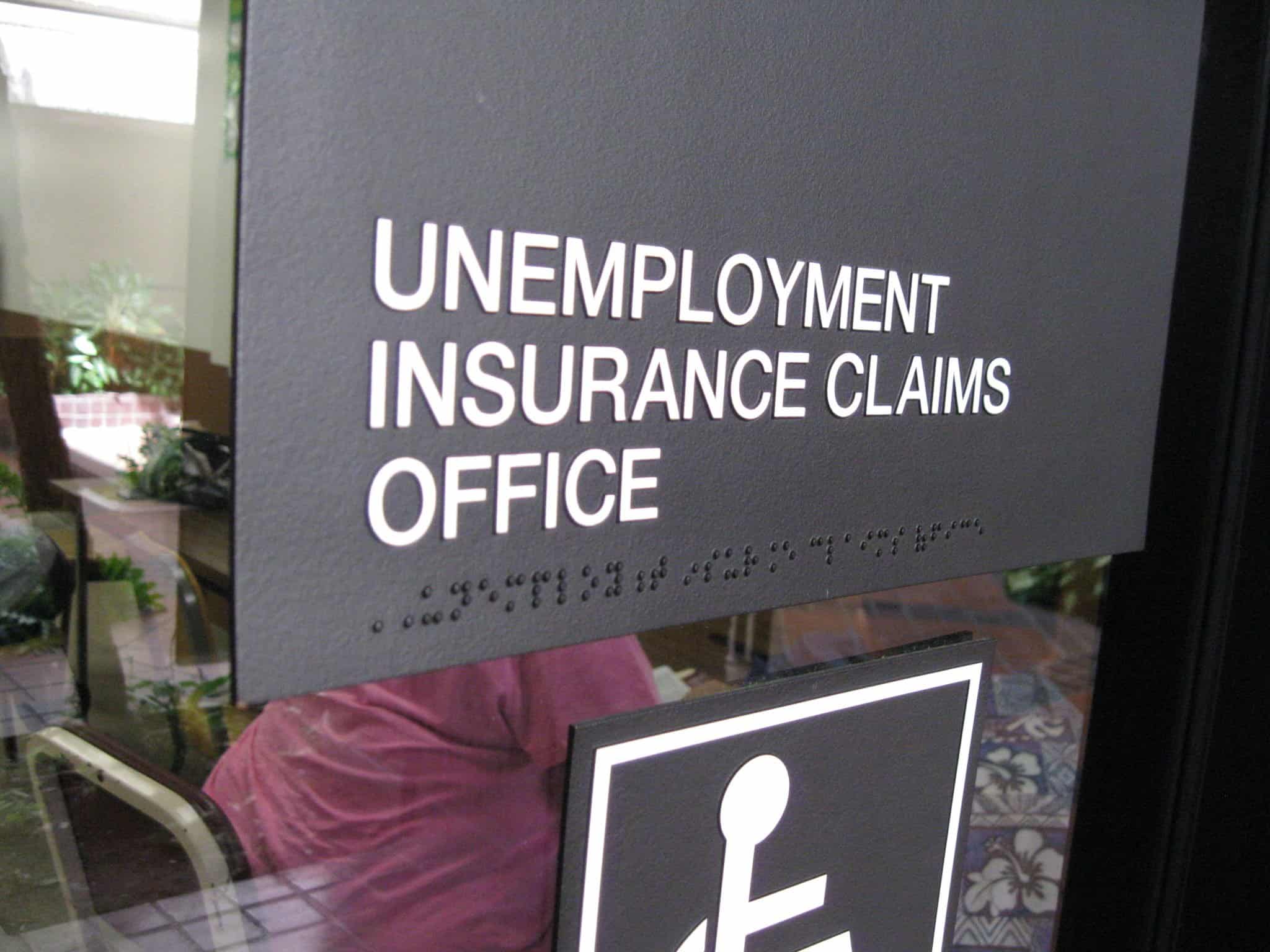
Zachary Boullt is a student at Harvard Law School.
Amidst informal congressional negotiations on the next coronavirus stimulus aid, Labor Secretary Scalia has expressed tacit reluctance to extend the $600 weekly unemployment payment boost beyond the July 31 expiration date. Scalia criticized the current program for giving flat benefit increases regardless of income, and he sympathized with concerns that the payment boosts are incentivizing workers not to return to work. Scalia’s remarks follow a recent congressional grant of $26 million to the Department of Labor Office of Inspector General to investigate the unemployment insurance system, including instances of people not returning to work when given the opportunity. As part of the investigation, the Department of Labor on Monday issued a guidance encouraging states to solicit employers for information on employees not returning to work. The guidance follows a Department of Labor policy that “general concern” regarding contracting COVID-19 is not sufficient grounds to refuse returning to work.
A new report from UC Berkeley Labor Center has calculated that Lyft and Uber would have owed California $413 million in unemployment contributions from 2014 through 2019 if drivers were classified as employees rather than contractors. The report follows a wave of criticism that the two companies have not contributed to state unemployment funds despite drivers receiving pandemic unemployment benefits. Lyft disputes the report’s calculations as politically biased and ignoring the effects that employee classification would have on their driver numbers. The report could serve as new ammo in the ongoing legal battles between the rideshare companies and California over the AB-5 worker classification law.
On Sunday, Deanna covered Tesla founder Elon Musk’s threats to relocate his Fremont manufacturing plant after Alameda County prevented the plant’s reopening due to worker safety concerns. Musk has now defied the county order and resumed production at the plant. Musk informed workers that their furlough ended on Sunday, but the workers have received conflicting reports from Tesla leaders and from state officials regarding whether the reopening has actually been approved. Alameda County has issued a statement that the plant is currently violating the local health order and expressed hope that Musk and Tesla would comply without need for further enforcement.
New data has been released showing that COVID-19 infection rates have doubled the national rate in counties with major meatpacking plants following Trump’s executive order directing the plants to reopen. Cases in these counties rose by 40% a week after Trump’s order, compared to the 19% national average. Infection rates rose even faster in areas where meat plants were outside major population centers. According to the United Food and Commercial Workers International Union, at least 30 meat workers have died from the virus, and over 10,000 have been infected or exposed. OnLabor has written multiple updates on meat worker conditions during the pandemic.






Daily News & Commentary
Start your day with our roundup of the latest labor developments. See all
February 27
The Ninth Circuit allows Trump to dismantle certain government unions based on national security concerns; and the DOL set to focus enforcement on firms with “outsized market power.”
February 26
Workplace AI regulations proposed in Michigan; en banc D.C. Circuit hears oral argument in CFPB case; white police officers sue Philadelphia over DEI policy.
February 25
OSHA workplace inspections significantly drop in 2025; the Court denies a petition for certiorari to review a Minnesota law banning mandatory anti-union meetings at work; and the Court declines two petitions to determine whether Air Force service members should receive backpay as a result of religious challenges to the now-revoked COVID-19 vaccine mandate.
February 24
In today’s news and commentary, the NLRB uses the Obama-era Browning-Ferris standard, a fired National Park ranger sues the Department of Interior and the National Park Service, the NLRB closes out Amazon’s labor dispute on Staten Island, and OIRA signals changes to the Biden-era independent contractor rule. The NLRB ruled that Browning-Ferris Industries jointly employed […]
February 23
In today’s news and commentary, the Trump administration proposes a rule limiting employment authorization for asylum seekers and Matt Bruenig introduces a new LLM tool analyzing employer rules under Stericycle. Law360 reports that the Trump administration proposed a rule on Friday that would change the employment authorization process for asylum seekers. Under the proposed rule, […]
February 22
A petition for certiorari in Bivens v. Zep, New York nurses end their historic six-week-strike, and Professor Block argues for just cause protections in New York City.